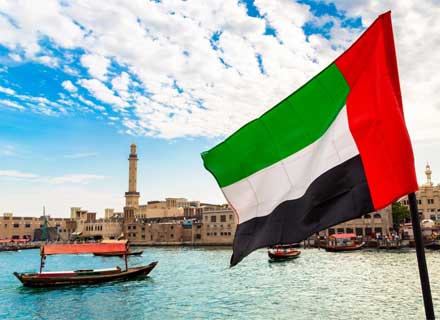According to official data, Dubai’s inflation rate decreased marginally to 4.27% in October from 4.5% the previous year.
The Dubai Statistics Center report pointed out that the rising gas prices are to blame for a 4.70% yearly increase in transportation expenses.
In the meantime, compared to the same month last year, insurance and financial services costs increased by 8.97% in October.
The report also noted a 6.7% annual increase in the cost of housing, water, electricity, and fuel and gas. Furthermore, there was a 3.52% increase in food and beverage expenses and a 2.94% increase in restaurant and hotel service prices.
According to official data, tobacco product prices fell by 5.78% in October of last year when compared to the same month last year.
The report also revealed that the October inflation rate of 4.27% is higher than the September 2023 inflation rate of 3.81%.
Dubai had an inflation rate of 23.3% in August compared to 1.1% and 2.1% in July and June, respectively.
In an article, Jeanne Walters, Senior Economist at Emirates NBD, noted that the rise in Dubai’s CPI is the fastest rate of inflation since March.
“The move was expected and entirely due to higher transport costs as petrol prices rose in October,” she said.
The 2.67% increase in restaurant and hotel service costs was the reason given for the monthly increase in inflation.
In the meantime, October saw a 0.57% increase in housing, water, and electricity costs over the previous month. In addition, during the same time period, the price of fuel and gas increased at a comparable rate.
“Inflation is likely to moderate again in November as petrol prices declined month on month, and we retain our forecast for average CPI at 3.5% this year, down from 4.7% in 2022,” Walters commented.
The director of the International Monetary Fund for the Middle East and Central Asia, Jihad Azour, said in October that the region’s inflation is progressively beginning to decline.

